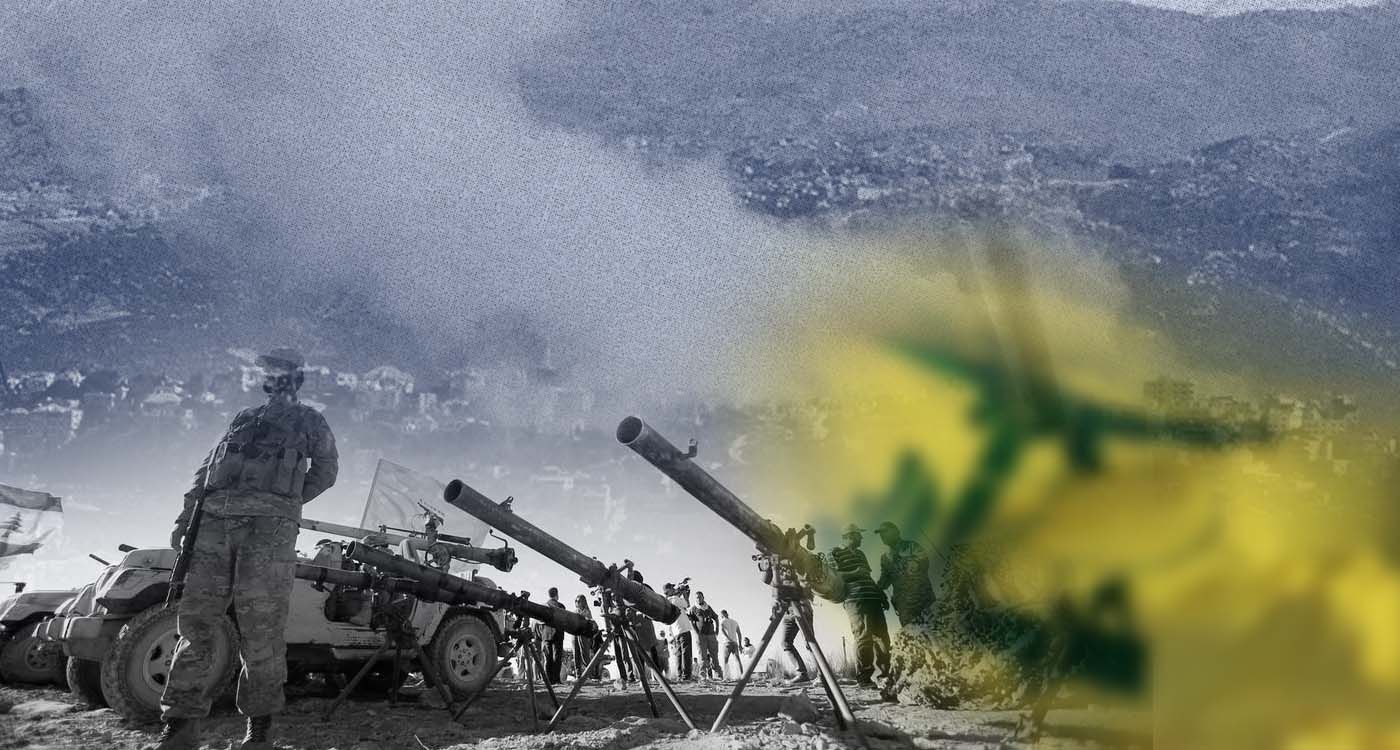
On October 8, 2023, Hezbollah entered the support war against Israel alongside Hamas, which had launched the Al-Aqsa Flood operation the day before. At the time, Hezbollah was at the peak of its military strength, accumulated over decades, and many expected it to advance into Israel’s Galilee region.
Hezbollah’s support front ended on November 27, 2024, while the Gaza conflict continued. The Iran-backed group emerged severely weakened, having lost nearly all its military infrastructure and arsenal, built over decades at the cost of billions of dollars.
The material losses were compounded by spectacular assassinations of leaders and military officials, bombings of key sites, and the deaths of prominent figures including Secretaries-General Hassan Nasrallah and his presumed successor Hashem Safieddine. Hezbollah was forced to find ways to limit further losses and avoid total collapse. Reports indicate that Iran played a decisive role in persuading the group to accept the ceasefire, even if it effectively amounted to a document of surrender, believing that preserving Hezbollah in its fragile state was better than allowing it to disintegrate and that with Iran’s support the group could, in time, rebuild itself.
Hezbollah emerged from the support war stripped of any legitimacy to retain its weapons, having surrendered that right under the ceasefire agreement, which recognized only six official bodies as authorized to bear arms in Lebanon. The government of Prime Minister Nawaf Salam nullified all previous ministerial statements that had vaguely legitimized Hezbollah’s arsenal. The Lebanese Army then drafted a nationwide plan to centralize all weapons, effectively dismantling Hezbollah’s geographic presence and leaving it without a military foothold south or north of the Litani River — or anywhere else in the country.
The events of the support war and their aftermath revealed that Hezbollah was never grounded in reality. Israel, which the group had long dismissed as “weaker than a spider’s web,” penetrated deep into its ranks and carried out assassinations and bombings with unprecedented success. It continues to assert its dominance daily, targeting Hezbollah officials and remaining military infrastructure without facing any effective retaliation.
On the anniversary of the support war, had Hassan Nasrallah been alive, he might have repeated his famous remark from the 2006 July War, “If I had known.” The group’s losses in this conflict far exceed those of 2006. Yet instead of using these setbacks and the new reality as an opportunity to draw lessons, Hezbollah, together with Sheikh Naim Qassem, reinforced a state of denial, returning to a rhetoric of invincibility, not against Israel, but against the Lebanese state which is determined to assert its sovereignty.




Comments